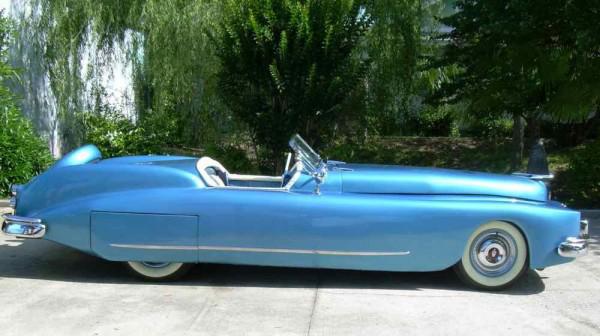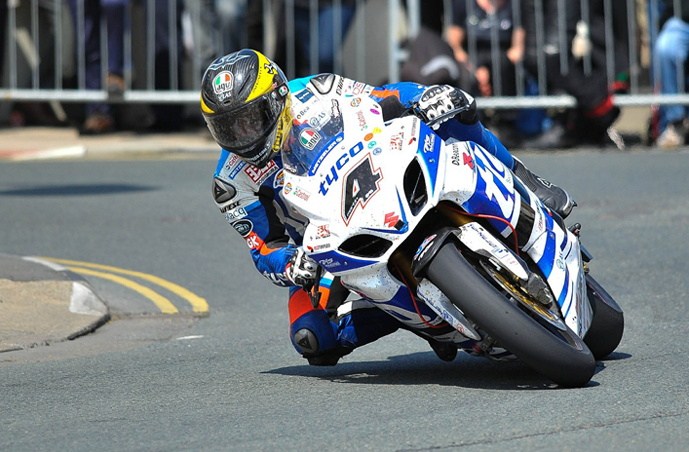
T-Cell Cancer Therapy Holds Promise, Longer-Term Results Await
July 13, 2017, at 6:07 a.m.
Share
FILE PHOTO – A view shows the U.S. Food and Drug Administration (FDA) headquarters in Silver Spring, Maryland August 14, 2012. REUTERS/Jason Reed/File Photo Reuters
By Deena Beasley
(Reuters) – A novel cell treatment that saved the life of 9-year-old Austin Schuetz was given the green light by U.S. regulatory advisers on Wednesday and doctors hope it can save the lives of more children with the most common type of childhood cancer.
An advisory committee to the U.S. Food and Drug Administration voted unanimously to recommend approval of Novartis AG’s tisagenlecleucel for treating B-cell acute lymphoblastic leukemia (ALL) in children and youthfull adults who relapsed or failed chemotherapy. The FDA is not required to go after the recommendations of its advisers but typically does so.
Austin Schuetz, who lives in Wisconsin, was treated in two thousand thirteen with the Novartis therapy as part of a clinical trial after leukemia cells were detected in his brain just two months after a bone marrow transplant from an anonymous donor.
“We knew it was risky . but it was the only option for us,” said Kim Schuetz, Austin’s mother. She said Austin, then age 6, suffered fever and severe headaches after the engineered T-cells were administered, but today shows no signs of cancer.
The fresh drug class, known as chimeric antigen receptor T-cell or CAR-T, involves a complicated process of extracting immune system T-cells from an individual patient, altering the cell DNA to sharpen their capability to spot and kill cancer cells, and infusing them back into the patient.
“The majority of calls we are getting are from patients looking for immunotherapies – particularly CAR-T therapies,” said Dr. Gwen Nichols, chief medical officer at the Leukemia and Lymphoma Society.
Novartis has lagged some other big drugmakers in the very first wave of immunotherapy drugs that are revolutionizing cancer treatment. Companies including Merck & Co Inc and Bristol-Myers Squibb Co are logging billions of dollars in annual sales of drugs known as “checkpoint inhibitors” that fight cancer by removing a brake on the figure’s immune system.
“The word is out there that this is different from traditional chemotherapy,” Dr. Nichols said.
Inbetween eighty percent and ninety percent of children with ALL are cured with intense chemotherapy or bone marrow transplant, but there are few options for remaining patients. “If your child is in that ten to twenty percent, you are desperate,” Dr. Nichols said, while cautioning that it is too early to tell whether CAR-Ts suggest lasting remissions for patients.
In a clinical trial, seventy nine percent of patients given the Novartis therapy were alive a year later. Patients with ALL who fail chemotherapy typically have only a sixteen percent to thirty percent chance of survival.
CAR-Ts can also pose serious risks, including a potentially life-threatening inflammatory condition.
Austin Schuetz, one of a handful of CAR-T patients to achieve multi-year remission of his cancer, requires biweekly infusions of immunoglobulin to substitute B-cells wiped out by the engineered cancer-killing T-cells. Without B-cells, his assets would not be able to fight off common infections.
If approved by the FDA, CAR-T therapies could cost up to $500,000 and generate billions of dollars for their developers.
As the cost of cancer drugs increases, health insurers have placed tighter confinements on patient access.
“While CAR-T is a promising fresh type of immunotherapy, it is not commercially available and we have yet to accomplish our evaluation,” T.J. Crawford, a spokesman for health insurer Aetna Inc said in a statement.
About 6,000 people are diagnosed with ALL in the United States each year and about sixty percent are children, according to the American Cancer Society.
The FDA’s decision on the Novartis drug, expected by late September, has significant implications not only for the Switzerland-based drugmaker but for companies making similar drugs, including Kite Pharma Inc , Juno Therapeutics Inc and Bluebird bio Inc .
The agency is expected to determine by Nov. Twenty nine whether to approve Kite’s CAR-T, axi-cel, for treatment of adults with advanced and aggressive lymphoma.
Kite has also reported data demonstrating remission in seventy three percent of eleven patients with relapsed ALL treated with axi-cel. It plans to launch a Phase two trial in the fourth quarter.
Juno scrapped its initial CAR-T candidate for ALL after five patient deaths. The company has since reported early trial results for a different CAR-T displaying that sixty six percent of non-Hodgkin lymphoma patients responded to the drug, and eighteen percent suffered severe neurological side effects.
(Reporting by Deena Beasley in Los Angeles; Editing by Lisa Shumaker)

